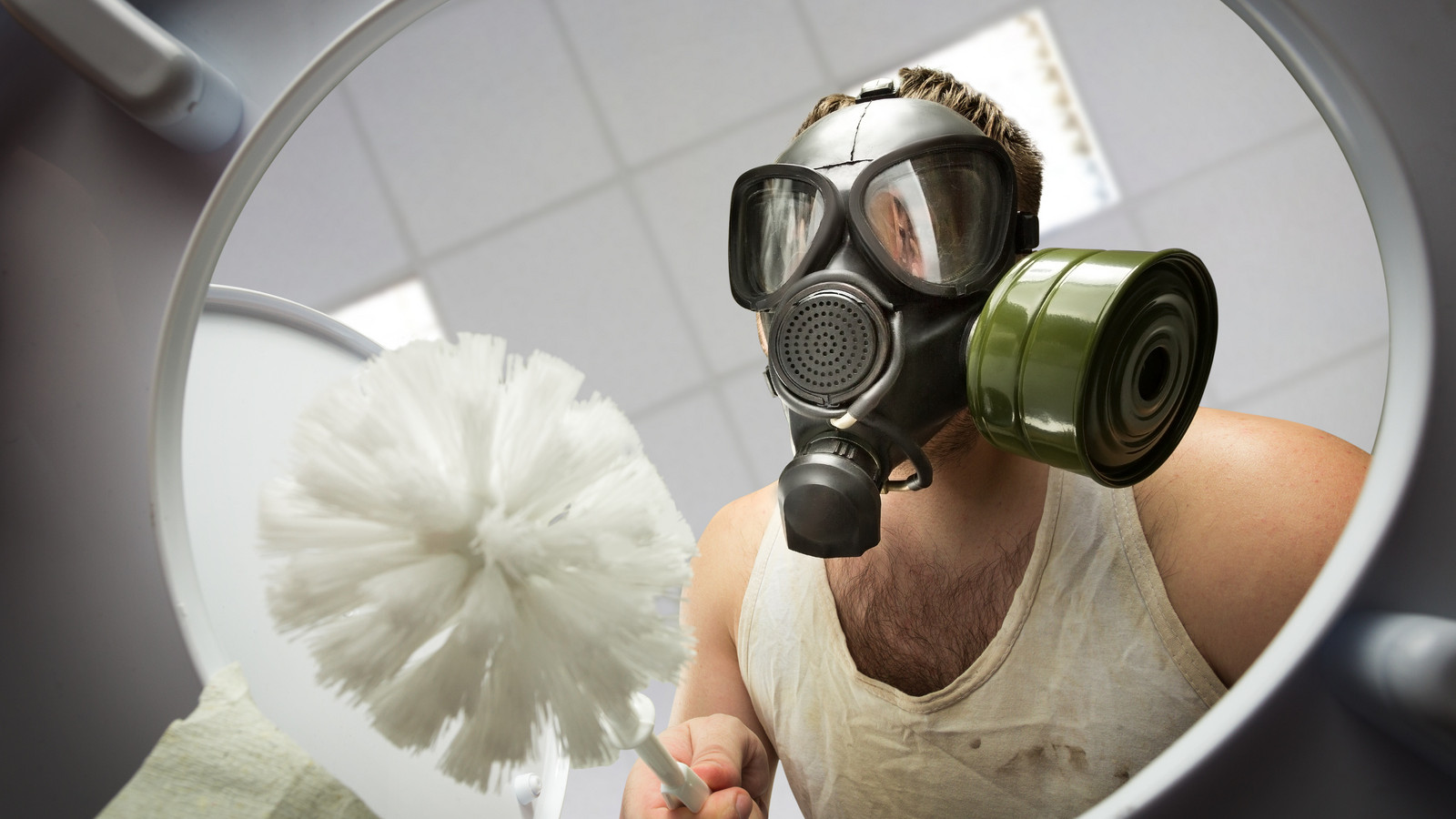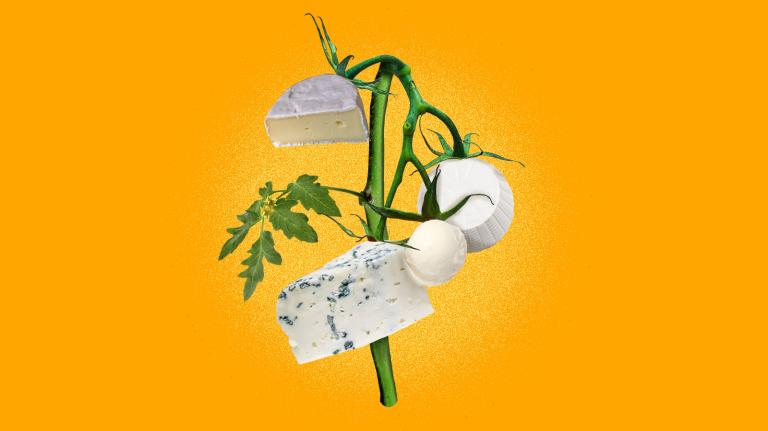Q. Dear Umbra,
I’ve been doing spring cleaning and wondering what people who’d like to stay as green as possible use to keep the limescale out of their toilet bowls. Literally every product I’ve ever found (bleaches, cistern blocks, etc.) says somewhere on it “this product is harmful to marine life,” and that’s a deal-breaker for me. But I don’t want a toilet full of ugly, grey, smelly limescale. Suggestions welcome!
Ros
London, U.K.
A. Dearest Ros,
I must confess, I had to look up “limescale” upon reading your question. I was pleasantly surprised to discover that it’s what we Yanks usually call “hard water stains” or “mineral deposits,” not some kind of skin disease that afflicts unfortunate citizens of Westeros. You say potato, I say po-tah-to, but the important thing is that yes, we can clean this gunk out of our toilets safely on both sides of the Atlantic.
For those lucky enough to have steered clear of toilet-bowl buildup thus far, limescale/mineral deposits are the byproducts of hard water — that is, water with a high concentration of minerals such as calcium and magnesium. When such water evaporates, it leaves behind streaky, gray-brown stains on the toilet bowl, and sometimes also on faucets, hot water heaters, and teapots. These stains don’t indicate a lack of cleanliness on your part, Ros, but they are rather unpleasant looking. Of course you’d like to keep them out of the loo.
Sadly, the usual suspects when it comes to toilet cleaners made for this task do often contain harsh, harmful-to-aquatic-critters ingredients. And scrubbing alone won’t do the job, as mineral deposits tend to be quite hard. But happily, we don’t have to rely on corrosive chemicals to vanquish limescale invasions: nontoxic DIY cleaners to the rescue! The first key is using a mild acid to dissolve the mineral stains: Think lemon juice, lime juice, vinegar (especially stronger pickling vinegars), or even Coke. Aside: Could Coca-Cola be missing a crucial selling point here? “It’s a soda! It’s a toilet cleaner! It’s both!”
The second key is giving your homemade cleaner time to work. Shut off the main water valve behind the commode, scoop out some of the water in the bowl, then pour in your acid of choice to cover the stains. Let it sit for at least an hour or up to overnight, depending on how stubborn your stains are, then scrub with a toilet brush. You can also try scouring the bowl with a pumice stone for extra oomph — if you do so, leave a bit more water in the toilet to help prevent scratching the porcelain. Voilà — you should have a shiny, limescale-free bathroom, and happy fish downstream.
It may be safe to go into the bathroom again, Ros, but what about the rest of your flat? Hard water often causes environmental problems beyond the toilet. One study found that hard water made water heaters work harder, consuming more energy. Minerals can build up in your pipes and appliances, causing clogs and ultimately shortening their lifespans. Hard water isn’t as effective in the laundry room, either, which means you have to use more detergent and your clothes won’t last as long.
One possible solution is installing a water softener, an appliance that typically works through ion exchange: As mineral-y water flows into your home, the softener intercepts it and, through the magic of chemistry, captures the calcium and magnesium and releases sodium in their place. This nifty process will lighten your cleaning load, improve the efficiency of your water heater, and lengthen the lifespan of everything from your pipes to your knickers — but that newly salty water can also impact aquatic life via your wastewater. And in places that recycle wastewater for irrigation, the sodium can also hurt plants.
My advice? If a water softener’s benefits sound appealing, consider installing an ion exchanger that uses potassium instead of sodium, a more-expensive but earth-friendlier choice. There are clever ways to set up the softener more selectively, treating some pipes but bypassing others, to reduce your overall sodium use. And some water softener companies will pick up the leftover brine from your machine and dispose of it for you, diverting the salty stuff from the wastewater stream altogether. In the end, you’re still left with a pristine privy and healthy aquatic creatures, plus a few more energy-saving perks besides. Hey, anything that results in less toilet-cleaning duty is worth a look in my book.
Deliquescently,
Umbra



